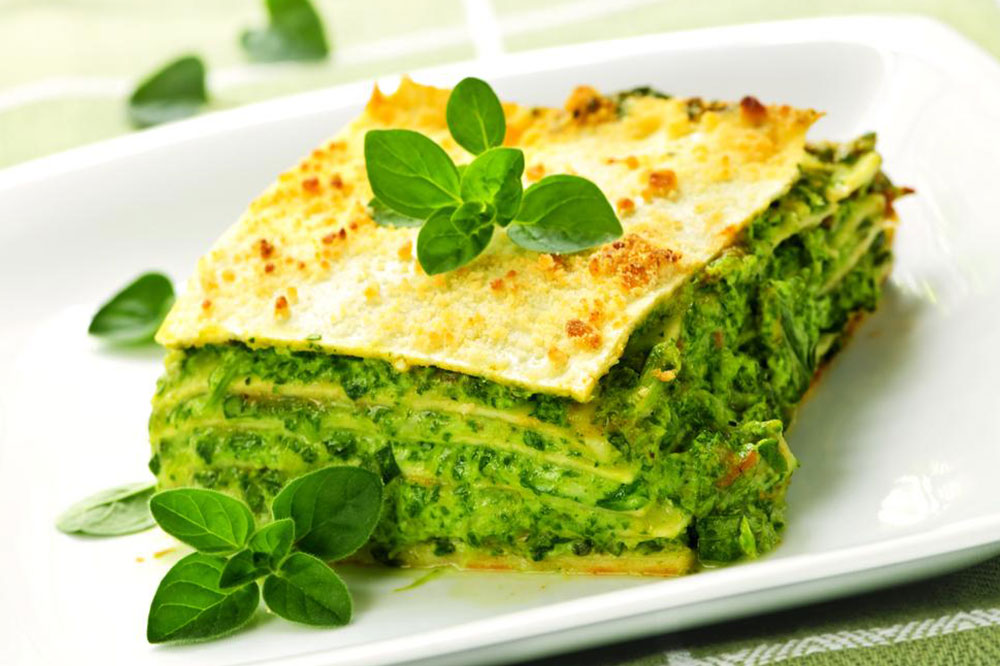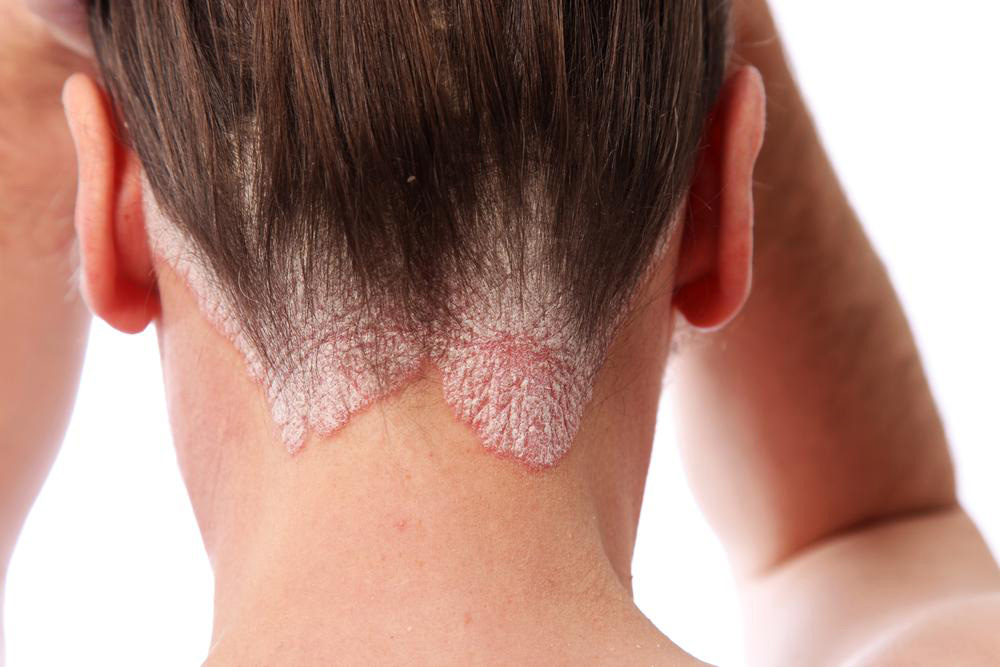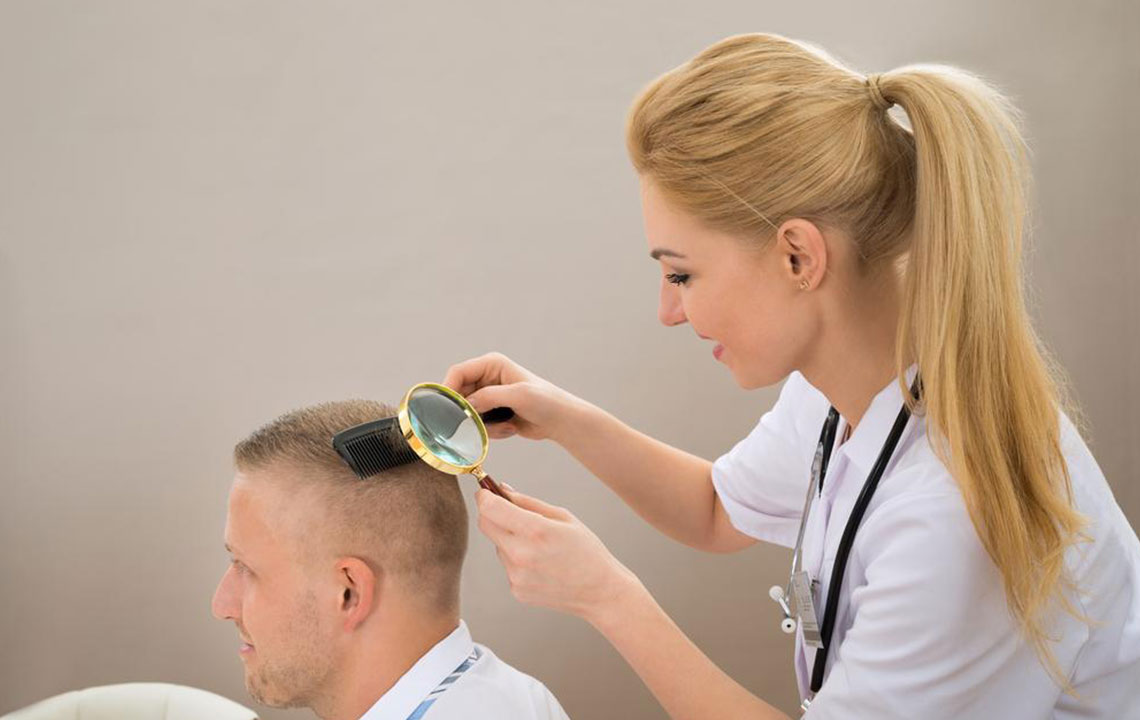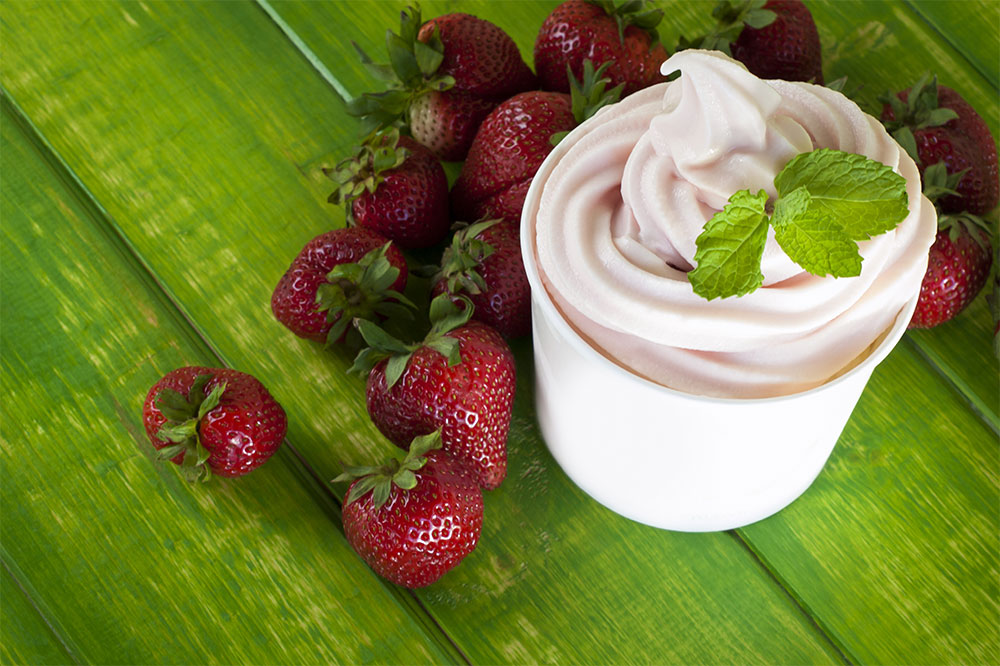Comprehensive Guide to Essential Nutrients for Healthy Hair Growth
This comprehensive guide explores vital nutrients essential for maintaining healthy, shiny, and resilient hair. From omega-3 fatty acids to vitamins A & C and minerals like zinc and iron, learn how balanced nutrition supports hair growth, reduces breakage, and prevents hair loss. Incorporate nutrient-rich foods into your diet to enhance scalp health and promote luscious locks. Perfect for those seeking natural ways to improve hair quality through diet and proper nutrition, this article provides expert insights on key nutrients needed for hair vitality.

Essential Nutrients for Promoting Healthy Hair Growth
Achieving vibrant, healthy hair isn't solely about exterior haircare routines; it begins with proper nutrition. Maintaining a well-balanced, nutrient-rich diet plays a pivotal role in ensuring strong, shiny, and resilient hair. Food choices directly influence hair health from root to tip, helping prevent issues such as hair thinning, brittleness, and hair loss. Understanding which key nutrients support hair vitality can help you make informed dietary decisions that promote optimal hair growth and overall scalp health.
Often, hair problems stem from deficiencies in specific vital nutrients. These deficiencies can lead to weakened hair strands, increased breakage, premature graying, or hair loss. Fortunately, by incorporating certain nutrient-dense foods into your daily diet, you can significantly enhance your hair’s condition. This comprehensive guide highlights the most critical nutrients involved in hair health, the best sources of these nutrients, and how they contribute to maintaining thick, healthy, and luscious hair.
Omega-3 Fatty Acids
Omega-3 fatty acids are essential fats that your body cannot produce independently, making it crucial to obtain them through diet. These healthy fats are renowned for their ability to nourish the scalp, hydrate hair follicles, and support hair elasticity. Improved elasticity reduces the risk of hair breakage, leading to stronger and shinier hair. Regular intake of omega-3s correlates with healthier hair growth cycles, making them a vital component of a hair-friendly diet.
Food sources rich in omega-3s include fatty fish such as salmon, mackerel, and sardines. Vegetarian options include walnuts, flaxseeds, chia seeds, and hemp seeds. Leafy greens like kale and Brussels sprouts also contain modest amounts of omega-3s, making them a valuable addition to your meals.
Zinc
Zinc is a trace mineral that plays a crucial role in maintaining scalp health and supporting tissue repair. It also aids in regulatory functions of hormones like testosterone, which directly influence hair growth. Adequate zinc levels prevent hair shedding and support the regeneration of hair follicles. Zinc deficiency is often linked to hair thinning and loss, so consistent intake is essential for maintaining healthy hair.
Great zinc sources include oysters, which are exceptionally rich in this mineral, as well as beef, veal liver, chickpeas, wheat germ, and roasted beef. Including these foods in your diet can help sustain optimal zinc levels and promote healthy hair growth.
Protein
Proteins serve as the building blocks of hair, forming the keratin structure that makes up hair strands. A deficiency in quality protein can lead to brittle hair, increased breakage, bald spots, and even premature graying. Ensuring a sufficient intake of high-quality protein supports hair strength, elasticity, and overall growth.
Foods rich in protein include lean meats like chicken and turkey, eggs, Greek yogurt, lentils, beans, tofu, and nuts. Incorporating these into your daily diet supplies the amino acids necessary for hair synthesis and repair, resulting in healthier, more resilient hair.
Iron
Iron is vital for the creation of hemoglobin, the protein in red blood cells responsible for transporting oxygen throughout the body, including to hair follicles. Proper oxygen supply is essential for hair follicle health and efficient growth cycles. Iron deficiency often manifests as anemia, which is correlated with increased hair shedding and thinning.
Iron-rich foods include oysters, turkey, red meats like beef and lamb, shellfish, spinach, whole grains, and eggs. Consuming these foods regularly helps maintain healthy iron levels, supporting optimal blood circulation and nutrient delivery necessary for vigorous hair growth.
Vitamins A & C
Vitamins A and C play complementary roles in maintaining a healthy scalp and supporting hair growth. Vitamin A aids in sebum production—an oily substance that naturally conditions the scalp, keeps hair moisturized, and prevents dryness and breakage. A deficiency can result in dry, brittle hair and an increased tendency for split ends.
Vitamin C contributes by improving the absorption of iron from plant-based foods, ensuring that iron levels are sufficient for maintaining healthy circulation to the scalp. It also acts as an antioxidant, protecting hair follicles from oxidative stress. Good sources of these vitamins include pumpkins, sweet potatoes, broccoli, spinach, Swiss chard, red bell peppers, and citrus fruits.
Magnesium
Magnesium is a vital mineral involved in over 300 physiological processes, including protein synthesis, nerve function, and muscle health—all of which indirectly support hair growth. A deficiency in magnesium can lead to hair thinning and increased fragility due to its role in maintaining cellular health.
Rich sources of magnesium include almonds, cashews, lentils, spinach, brown rice, halibut, and sunflower seeds. Incorporating these magnesium-rich foods into your diet can enhance hair density and reduce the risk of hair thinning caused by nutrient deficiencies.
In conclusion, ensuring an adequate intake of these key nutrients—Omega-3 fatty acids, zinc, protein, iron, vitamins A & C, and magnesium—is fundamental to maintaining healthy, beautiful hair. By adopting a balanced diet filled with these nutrient-dense foods, you not only promote hair growth and strength but also support overall scalp health. Combining good nutrition with proper hair care routines provides a holistic approach to achieving the luscious hair you desire. Remember, consistent dietary habits and a focus on whole, nutrient-rich foods are the foundation of long-term hair vitality.





